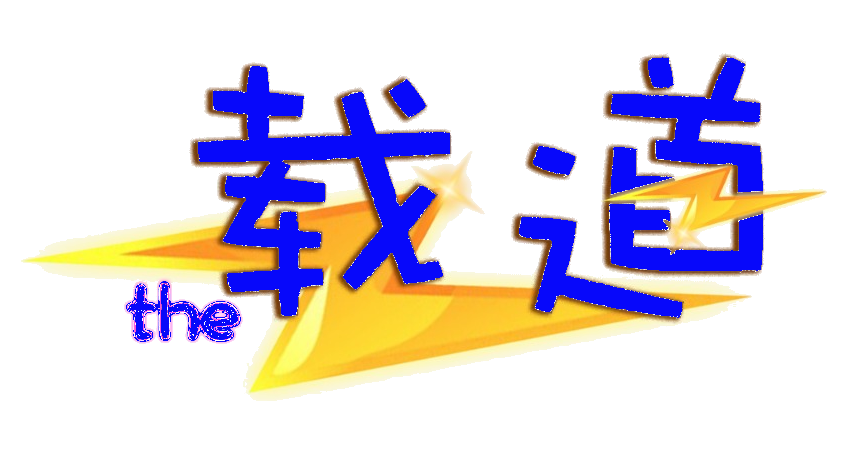Chinese New Year in America always begins the same way for us—cleaning the house with my brother, making sure every corner is spotless. We start early in the morning, armed with brooms and rags, wiping down windows, sweeping floors, and dusting shelves until everything sparkles. It’s a tradition for us to make sure that we clear out all the bad luck from the previous year to make room for new blessings, so we work as hard as we can to make sure that not even the tiniest speck of dust remains.
After laboring for hours with the Clorox wipes, my mother brings out bright red sheets of paper, the color of fire, and we carefully paint bold strokes of ink to form the character “福”, meaning “good fortune”. My brother gets some of the black paint onto his nose, giving him the resemblance to a cat. We laugh as my mom takes pictures, cooing at how cute he is. We then take the decorations outside and hang them upside down on the door. Joseph looks at me in confusion, and I explain that it’s a pun in Chinese: “fu dao le“, which means “good fortune is upside down” sounds just like the words for “good fortune has arrived”.
In the kitchen, the scent of ginger, garlic, and sizzling meat fills the air as my dad prepares the food. He flies around the small area making dumplings, stuffing each one with a mix of ground pork, shrimp, and Chinese chives. They are carefully folded by his hand, their shapes made to resemble the prosperous moon. The golden spring rolls sizzle in hot oil, crispy shells holding in sweet promises of soft vegetables. There’s a huge pot of fluffy white rice, steamed with egg, sausage, and mushrooms. In the middle of the table lies a whole steamed fish for good luck, its skin shiny and delicate as it swims in a pool of soy sauce garnished with scallions.
As the smell of food wafts through the neighborhood, friends begin to arrive. There’s laughter at the door as we greet them with a cheerful “xin nian kuai le,” wishing each other a happy new year. The kids hold a competitive look in their eyes as they pass through the door– we’re secretly competing on who will get the most hong bao this year. Inside, the adults gather in the living room, talking excitedly while video calling relatives back in China. I smile as I see the faces of my grandparents on the phone’s screen as we wish each other a happy new year. While the little brothers run around, my friends and I settle down to eat, filling our plates with dumplings, noodles, and vegetables, the table ample with laughter and conversation.
Later, as the night goes on, my dad insists on grabbing the karaoke microphone, despite the complaints of my mother. He’s not the best singer—his voice is way off-key, and he’s nearly shouting, but we cheer him on as we sing along to the Chinese ballads. After that, we turn on the TV to watch the New Year jie mus, broadcast live from China. They’re filled with exciting performances, from the xiao xian rou whispering their love songs to the traditional dragon dancers prancing about on stage. At the end, a stunning fireworks display lights up the entire screen, connecting us to our home even from miles away.
Outside, the night air is crisp, and the moon hangs like a giant wheel of cheese in the sky as we set off sparklers with our friends. We wave the crackling lights around, writing our names in the air with golden streaks, feeling a special kind of joy that only Chinese New Year brings. It’s moments like these that make me grateful for our traditions. The food, the laughter, the shared memories—they all blend together to create something warm and unforgettable, like the start of another year full of possibility.
